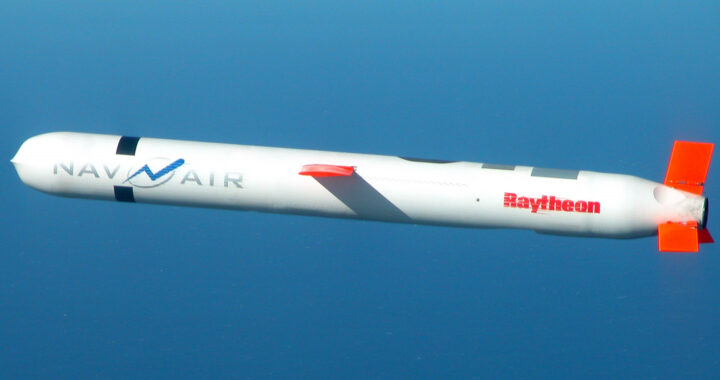United States President Donald Trump declared on 18 October 2025 that he intends to end the ongoing war between Russia and Ukraine through diplomatic means rather than expanded weapons transfers to Ukraine. He stated that his administration will not approve the sale of Tomahawk cruise missiles to Ukraine, citing strategic restraint.
Tomahawk missiles are long-range guided subsonic cruise missiles with ranges exceeding 100 kilometers. These have previously been used by United States forces in conflicts in Iraq, Syria, and Libya. Analysts believe that such systems could allow Ukraine to target Russian logistics and command centers far from cities or deep into the Russian territory.
Trump explained that he seeks a negotiated settlement that halts hostilities without introducing additional offensive capabilities. He referenced his broader message of reducing foreign military entanglements and argued that intensified diplomacy, sanctions, and limited defensive support can further pressure Moscow without risking uncontrolled escalation significantly.
Ukrainian officials have expressed concern that refusal to supply Tomahawk missiles could weaken national deterrence and prolong the conflict. Several European and NATO partners have urged continued robust military support, though some current governments remain cautious about providing systems that could strike deeply within Russian territory.
Members of Congress from both parties have signaled potential opposition to withholding advanced weapons, stating that Kyiv needs long-range precision capabilities to counter entrenched Russian positions. Legislative committees may review any State Department decisions relating to proposed arms transfers in upcoming federal budget sessions.
Note that allied unity, congressional oversight, and battlefield realities will influence whether the administration maintains its stance. Ukrainian officials are expected to seek alternative support while European leaders evaluate how the stated position of the U.S. affects long-term regional security planning and future deterrence strategies across the region.
